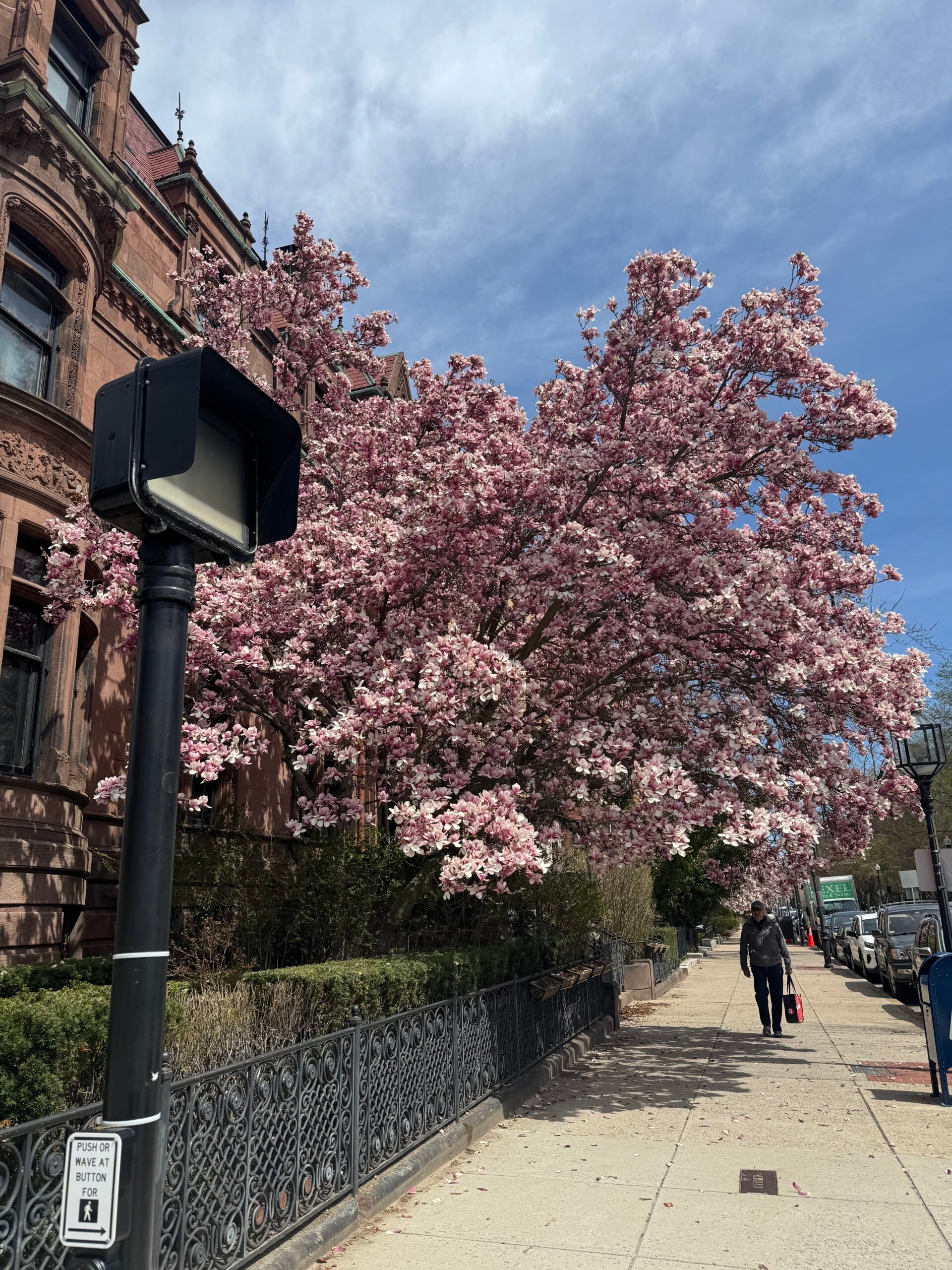
Thinking Outside of Absolutes by Richard O. '28
A short thought piece on thinking about thinking
For a while now, I’ve had this realization that I tend to overthink a lot. And I think this is something a lot of people can relate to. There are always moments when you’re presented with a decision, and naturally, you want to make a choice that leads to the least regret. So, how else do you ensure you make the best choice? You think about it. You imagine yourself in different worlds and try to predict the outcome based on the choices you make. You then make a choice. If that choice turns out as you expect, you may be satisfied. If it doesn’t, you may not be satisfied and regret not making another choice because you may feel you didn’t pay attention to the details. So then the next time around, you pay attention to more details. You learn from your mistakes and get better at making predictions for outcomes. But every time you consider more details, you do more thinking.
In the past few months, I’ve found myself thinking about this loop of thinking in almost every interaction, conversation, assignment submission, and choice that I’ve made. And by thinking about this, I’ve started to realize that I tend to trap myself in this view of the world, where everything is absolute. A view of the world where I feel if I don’t make a specific choice when I think I need to make it, there will be a domino effect of consequences that I will regret later. And from this, I’ve found that I started to constrict myself to an imaginary list of instructions that I would need to follow in order to be sure I follow the best predictions from my decisions. (i.e., if I don’t finish this assignment now, then I can’t go to event A tomorrow, which will prevent me from doing event B, which will have some other consequence C, and so on). Even as I write this blog, I question how different word choices and sentences I use will convey my thoughts to those who end up reading this, and whether that will have consequences on how my blog impacts those people, and so on. But in overthinking about overthinking (overthinking squared?), I’ve realized that thinking too much makes me forget about what it means to just appreciate everything.
Like the Alan Watts quote goes:
“A person who thinks all the time has nothing to think about except thoughts. So he loses touch with reality and lives in a world of illusions.”
For me, I’ve found that in trying to perfect everything about my day to day life, whether that be completing all my given tasks for a day or using the most expressive choice of words when having a conversation with someone, I forget that reality isn’t supposed to be like a Hollywood movie where every scene follows some cliche plot line or a math problem where everything is optimized. Sometimes, things happen that are meant to make your story different. Sometimes things happen that really do make life feel like a movie. But nothing is ever supposed to be “perfect”. There are always going to be days when things will simply not go as planned. Or days where things will feel overwhelming. Or days where it feels like things are just moving too fast. But having these days doesn’t make your life any less beautiful than it already is.
So, taking all this, I’ve started to think about approaching everything I think about differently. Instead of imagining the world like some binary machine that only prints out “success” or “regret” every time I make a choice, I’ve found it much more useful to imagine the world like a story generator. Every choice acts like a prompt for a new plot. These stories depend on each other, but no story itself is the whole story. It just keeps on going. Bringing new twists and turns based on our choices. And using this perspective, it then becomes easy for me to recognize why I tend to overthink a lot – and it’s because I’m always afraid that one of these prompts will send the story generator downhill and take it to a point where no new prompt I make will produce a story where I feel successful. But this view depends on the assumption that the story generator is absolute – i.e., the story generator generates ALL possible stories – but it can’t. Because the world is so vast and unpredictable, there are always opportunities for us to find ways to change our stories.
So, all of this to say, I feel it’s important to remember that life is not absolute. It’s dynamic. It’s beautiful. It’s unpredictable. It’s crazy. It’s amusing. And it’s always changing. There’s absolutely nothing wrong with thinking deeply about your choices and decisions, but I think, for me, the notion that my decisions in every moment of every day are the final deciders for the future was something that I needed to think about differently. Nothing that happens now will restrict what you can change later because people always have the ability to learn and do new things. And I feel recognizing that we also have this ability to think outside of absolutes is something that can really help you to appreciate the ups and downs and in betweens of life for making us the people that we are.

One of the many flowering trees here in Boston that reminds me how beautiful it is when life changes.